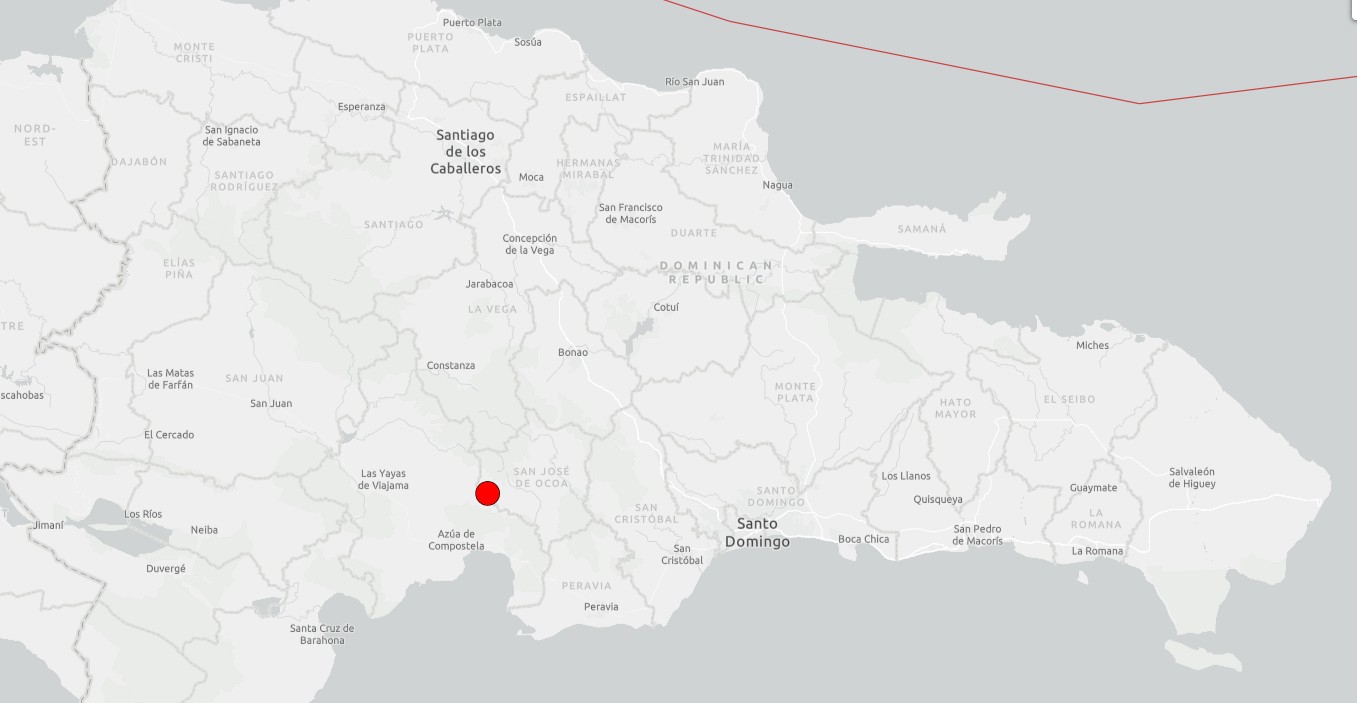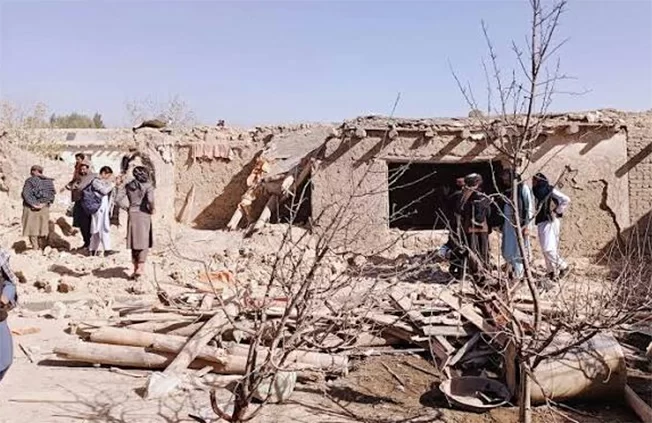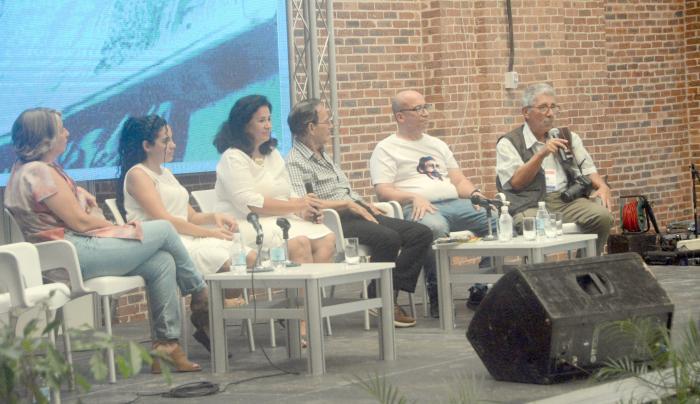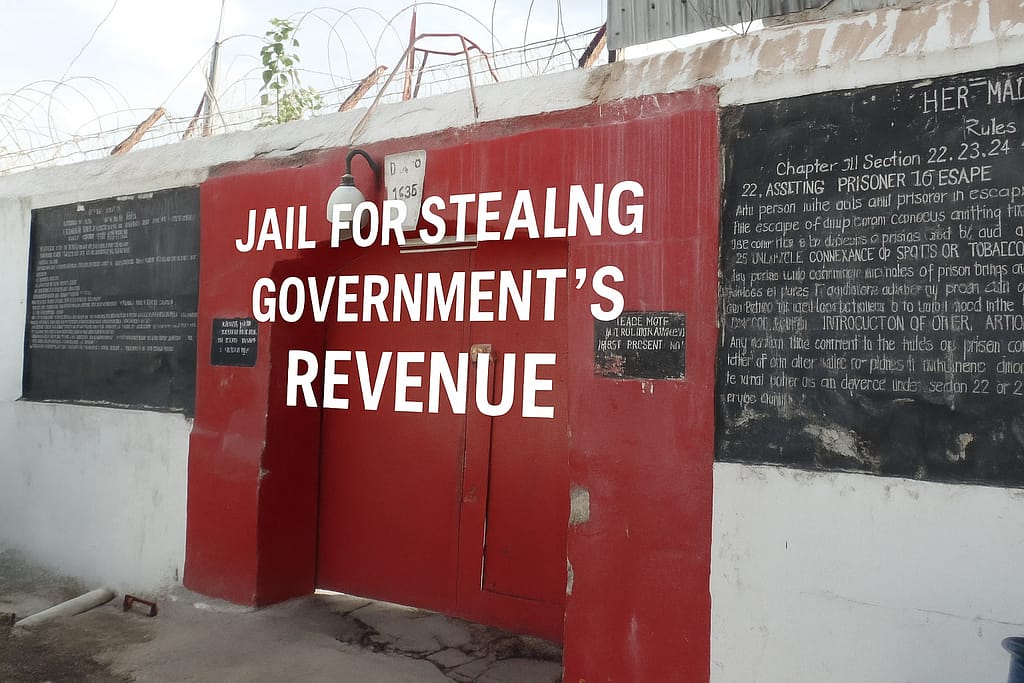In a landmark move to foster cultural and community development, Roseline Daan, Cultural Director, and Patrick Burnet, President of the NGO Young Leaders in Action (AJLA), have announced a collaborative initiative in Cayenne, the capital of French Guyana. The partnership, formalized through a Memorandum of Understanding (MoU), aims to unite government ministries, non-governmental organizations, and the private sector in a series of impactful activities. These include promoting traditional culinary practices, organizing art and educational programs, mobilizing families and schools for community engagement, and sharing resources for project execution. Additionally, the collaboration will focus on cross-border environmental efforts, such as cleaning the Marowijne River and establishing a training center in Albina and Saint-Laurent for knowledge exchange. Burnet emphasized, ‘The Marowijne River is not a border; it is a bridge. By uniting the strengths of both sides, we are sowing the seeds for a future-oriented human, cultural, and economic partnership.’ The MoU is initially valid for two years, with the possibility of extension. Daan highlighted that while the agreement provides a framework for cooperation, it does not impose legally binding obligations. ‘We are neighbors, and it is crucial to strengthen bilateral relations at all levels,’ she stated.
博客
-

Did you feel it? A 4.5-magnitude tremor hits San José de Ocoa
A moderate earthquake with a magnitude of approximately 4.5 on the Richter scale jolted the Dominican Republic on the afternoon of October 20. The seismic event, which occurred at 3:13 p.m., had its epicenter in the Sabana Larga area of San José de Ocoa. The tremor was widely felt across Greater Santo Domingo, San Cristóbal, and several neighboring provinces. Despite the widespread sensation of shaking, there have been no immediate reports of structural damage or injuries. However, the quake did spark moments of alarm among residents, many of whom took to social media to share their experiences. Local authorities have urged citizens to remain calm and stay informed about any potential aftershocks. The incident serves as a reminder of the region’s vulnerability to seismic activity, prompting calls for enhanced preparedness measures.
-

Burgers leven in angst na nieuwe luchtaanvallen in Afghanistan
Recent drone and aerial bombardments in Afghanistan have plunged the nation into heightened tension, with residential neighborhoods and bustling markets becoming primary targets. Reports from Kabul and southern provinces such as Kandahar and Paktika detail significant civilian casualties and extensive property damage. Families have fled en masse, while others remain confined indoors, paralyzed by fear. The Afghan government has accused neighboring Pakistan of orchestrating these attacks, a claim Pakistan vehemently denies, though it acknowledges “military threats along the border.” The ambiguity surrounding the perpetrators has only deepened public anxiety. Witnesses recount that the explosions occurred unexpectedly in densely populated areas, leaving children too terrified to venture outside. Schools have shuttered, and markets operate at reduced capacity. In border villages, residents seek refuge in mosques and basements, bracing for further violence. International mediators have brokered a temporary ceasefire between Afghanistan and Pakistan, but observers caution that the situation remains precarious. Aid organizations struggle to access affected regions, warning of a rapidly worsening humanitarian crisis if the violence persists. For the Afghan populace, feelings of insecurity and helplessness dominate, with the fear of renewed violence permeating daily life. Calls for international protection and political stabilization grow louder as the crisis deepens.
-

AWS outage causes major global disruptions to businesses and online services
A significant disruption in Amazon Web Services (AWS) on Monday, October 20, 2025, sent shockwaves across the globe, crippling a vast array of online platforms and digital services. The outage, which commenced around 3:00 a.m. Eastern Time, impacted everything from video conferencing tools like Zoom to social media platforms such as Snapchat, as well as Amazon’s own Alexa-enabled smart devices. Initially, the issue seemed resolved, but Amazon later confirmed the problems had reemerged, leaving numerous services offline for hours. AWS engineers worked tirelessly to address the crisis, issuing regular updates to keep users informed. By 11:00 a.m., the company identified the root cause as a malfunctioning internal subsystem responsible for monitoring network load balancers. To mitigate the issue, AWS throttled requests for new EC2 instance launches and implemented additional recovery measures. By midday, Amazon reported progress in restoring connectivity and API functionality, promising further updates by 10:00 a.m. PDT. The outage highlighted the global reliance on AWS infrastructure, affecting universities, businesses, governments, and media organizations worldwide, many of which were forced offline during the disruption.
-

jornalism, Juventud Rebelde, Granma, 60 anniversary
The First Granma-Rebelde International Festival, held recently, served as a vibrant platform for nearly twenty media outlets and projects aligned with left-wing parties and organizations to showcase their efforts in fostering transparent and emancipatory journalism. The event, open to the public, featured exhibition spaces, panel discussions, and interactive dialogues, bringing together journalists, intellectuals, and communicators dedicated to alternative media practices.
-

Column: Het verlangen naar vreugde die nooit kwam…
In recent weeks, intense clashes have erupted along the border between Pakistan and Afghanistan, leaving devastation in their wake. Danish, a 26-year-old Pakistani man, shared his harrowing experiences with his colleague Indra Toelsie. Born in 1999, Danish has never known a day of peace. His hometown, once filled with towering buildings, now lies in ruins, bombed beyond recognition. He showed Indra a video of a rocket strike in a residential area near his home, a stark reminder of the fragility of life in his war-torn region. For Danish and millions like him, uncertainty is the norm, a daily reality they’ve come to accept.
Now, in Beijing, Danish is experiencing peace for the first time. Here, he can walk freely without fear of bombs or the need to seek shelter. When Indra encouraged him to enjoy this newfound tranquility, Danish’s response was poignant: ‘I just hear enjoying, enjoying, but what is enjoy and enjoyment? I literally don’t know.’ His words reveal a deep hunger to understand what it means to truly live without fear. Danish’s journey to China, made possible by a program, has opened his eyes to a world where peace is not a luxury but a possibility.
For Indra, a native of Suriname where life is celebrated and cherished, Danish’s story is a stark reminder of the privileges often taken for granted. While many complain about minor inconveniences, Danish dreams of a life free from violence. His aspirations are not for wealth but for peace—a basic human right that remains elusive for millions. Danish’s story serves as a call to action: to appreciate the peace we have and to strive for a world where it is accessible to all. As Indra reflects, perhaps it’s time to shift from complaints to gratitude, recognizing the value of the peace we often overlook.
On Divali, Indra urges everyone to light an extra lamp—not just for Danish but for all those who live without the gift of peace.




